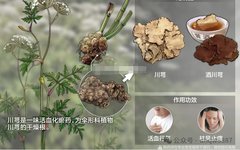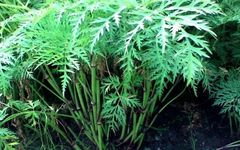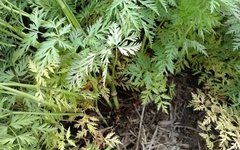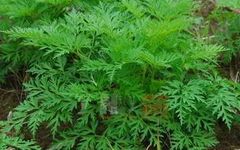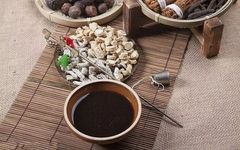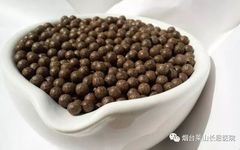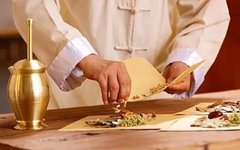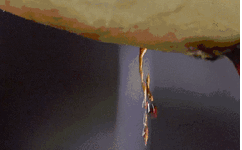The Efficacy and Contraindications of Chuanxiong (Ligusticum chuanxiong)
Chuanxiong (Ligusticum chuanxiong) is aromatic and disperses warmth, entering the liver, gallbladder, and pericardium meridians. It ascends to the head and descends to the blood sea, circulating blood and qi internally while dispersing wind and cold externally. It is a powerful blood invigorator, treating blood stasis and various pains, especially suitable for those with cold … Read more

